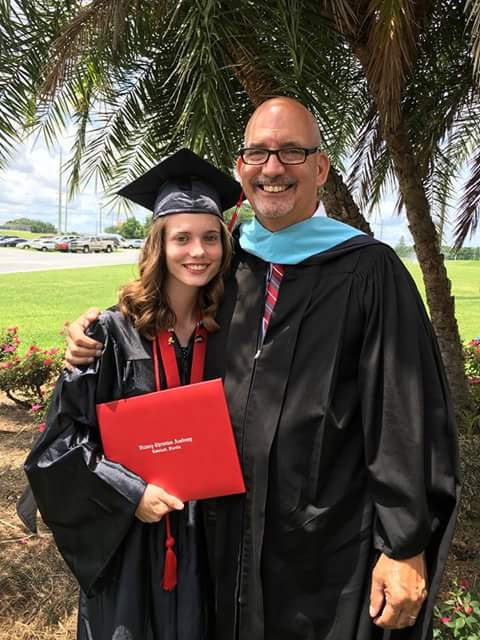
Editor’s note: This commentary by Mark LeBlond, policy director of EdChoice, was originally published in the Washington Examiner.
Ashley Elliott was one of the “hard cases.”
Born addicted to drugs and raised by her single grandmother, life was hard for Ashley. She struggled in school — until 10th grade. After years of fighting, bullying, and poor grades, Ashley found refuge in Lakeland, Florida , when a private Christian school admitted her on a tax credit scholarship. There she found teachers who cared about her, who believed in her.
In turn, Ashley began to believe in herself. Ashley thrived, graduating high school, then college, and embarking upon adulthood as an education advocate.
A thousand miles to the north, Pennsylvania policymakers are grappling with a related policy problem. How can the government guarantee a thorough and efficient education to all students, regardless of their background, socio-economic status, or zip code?
In a case dating back to 2014, William Penn School District v. Pennsylvania Department of Education, the plaintiffs argued the state fell short of its constitutional guarantee, and further, that an overhaul of the school funding system is the only solution. After years of wrangling over the role of money in Pennsylvania public education, the courts finally ruled earlier this year.
The Commonwealth Court ruled that Pennsylvania’s present education funding model is broken, yet stopped short of prescribing a fix, instead leaving solutions to the legislature and governor. In her opinion, Judge Renee Jubelirer emphasized that reform does not have “to be entirely financial … The options for reform are virtually limitless. The only requirement, that imposed by the Constitution, is that every student receives a meaningful opportunity to succeed academically, socially, and civically, which requires that all students have access to a comprehensive, effective, and contemporary system of public education.”
To continue reading, go here.


